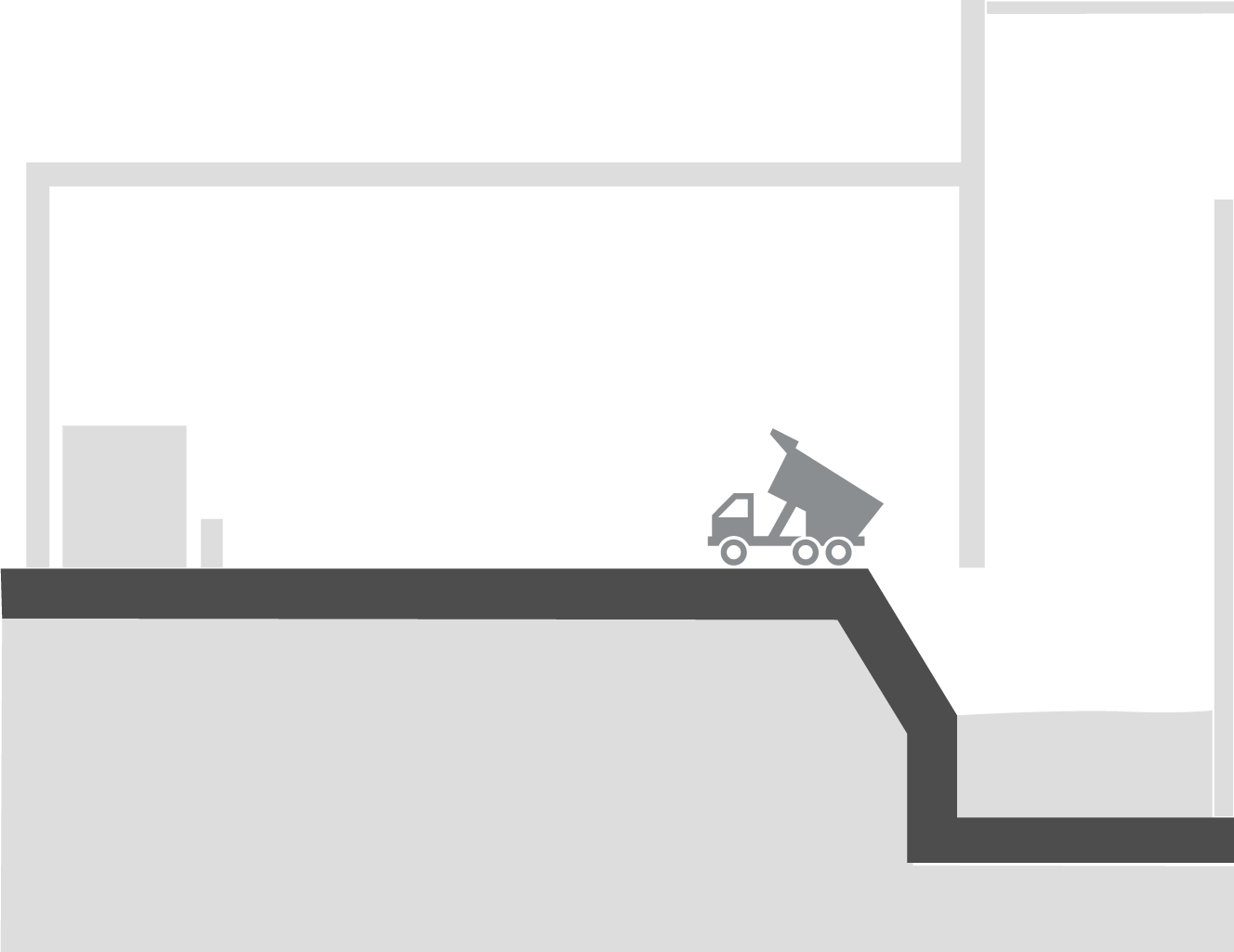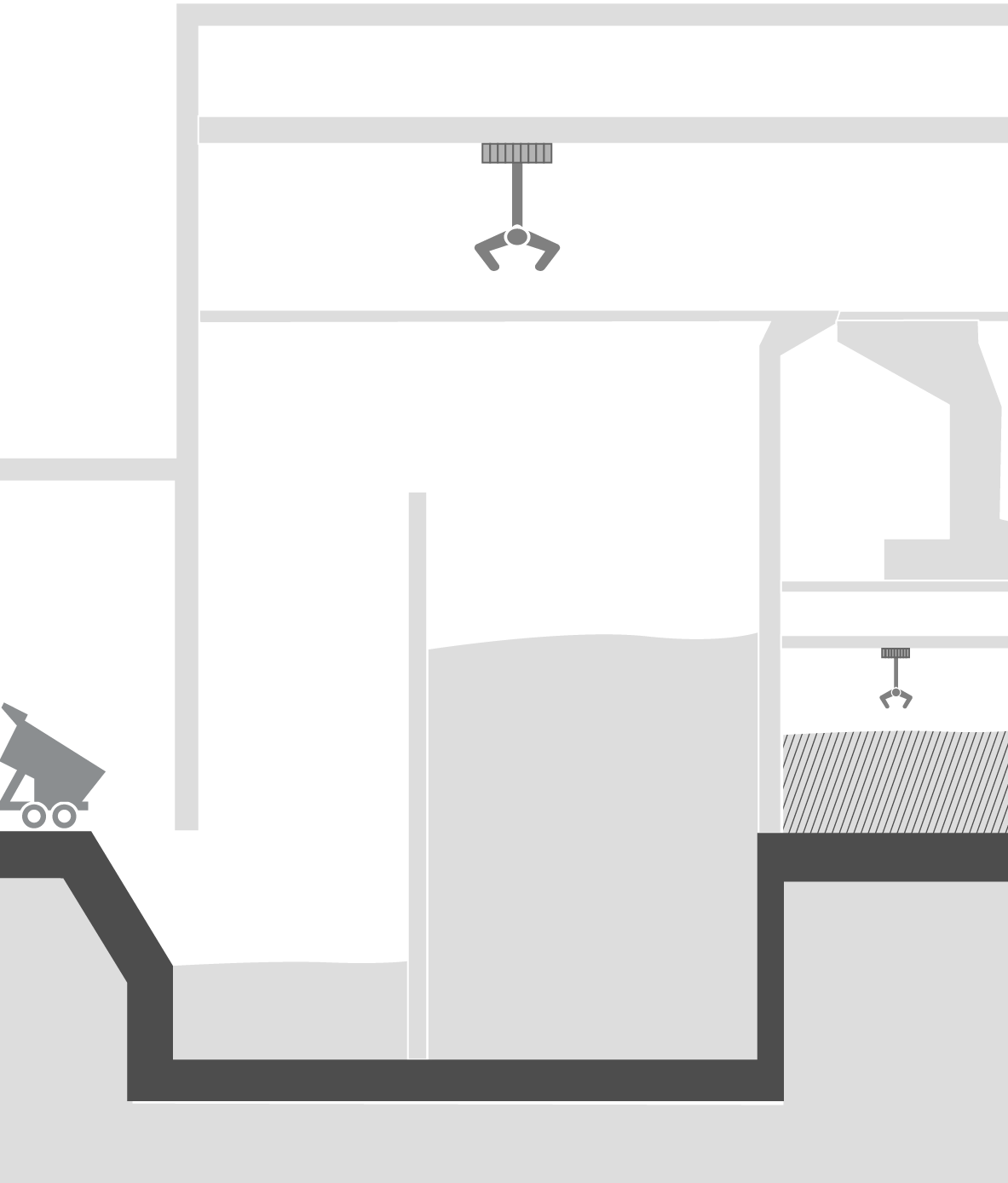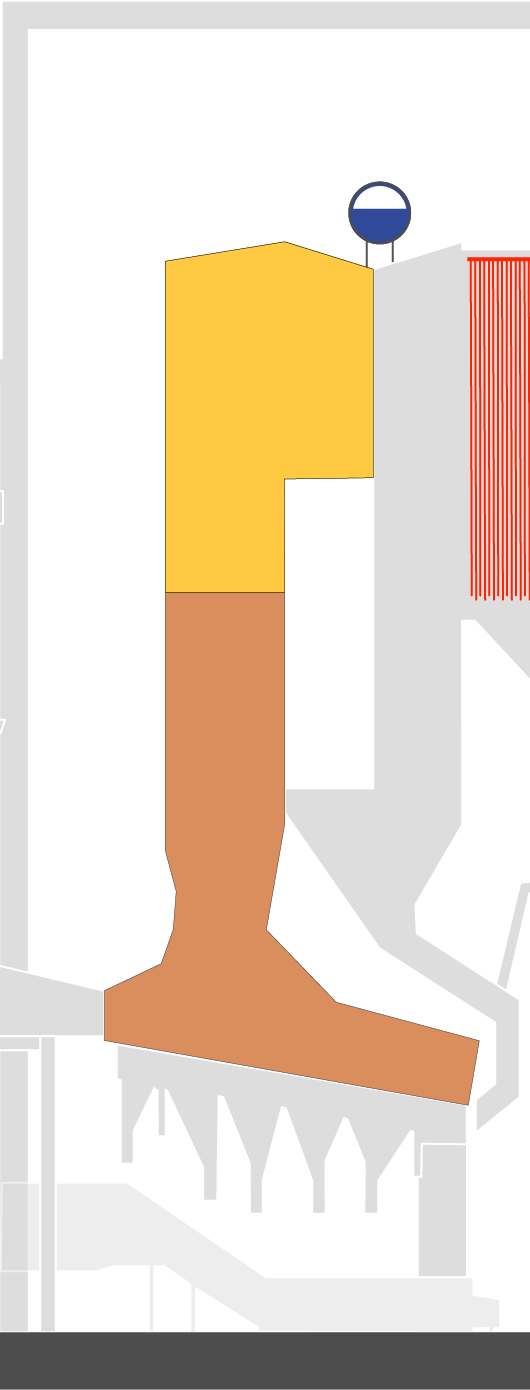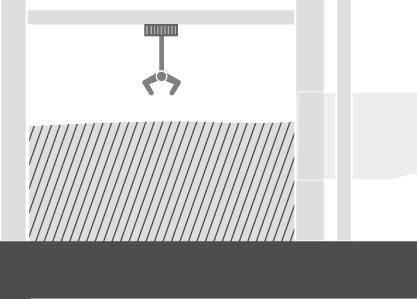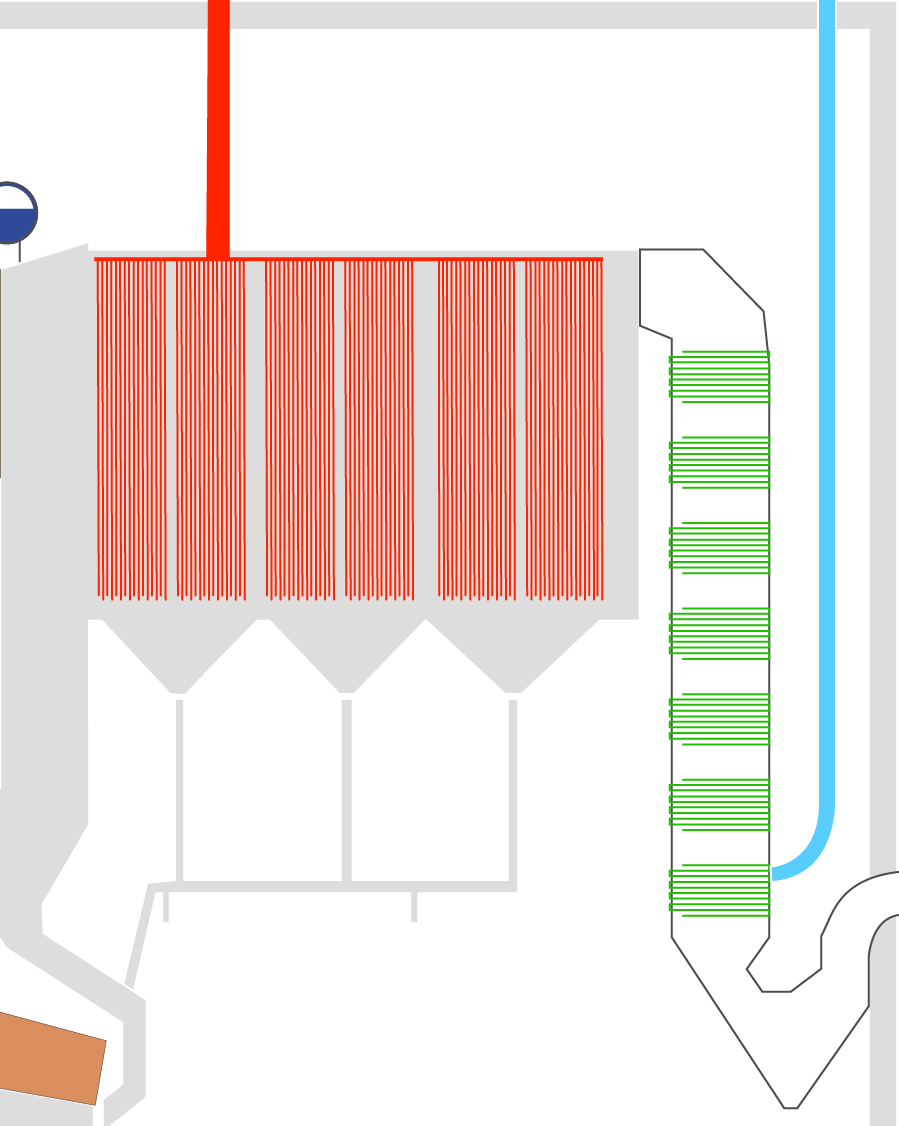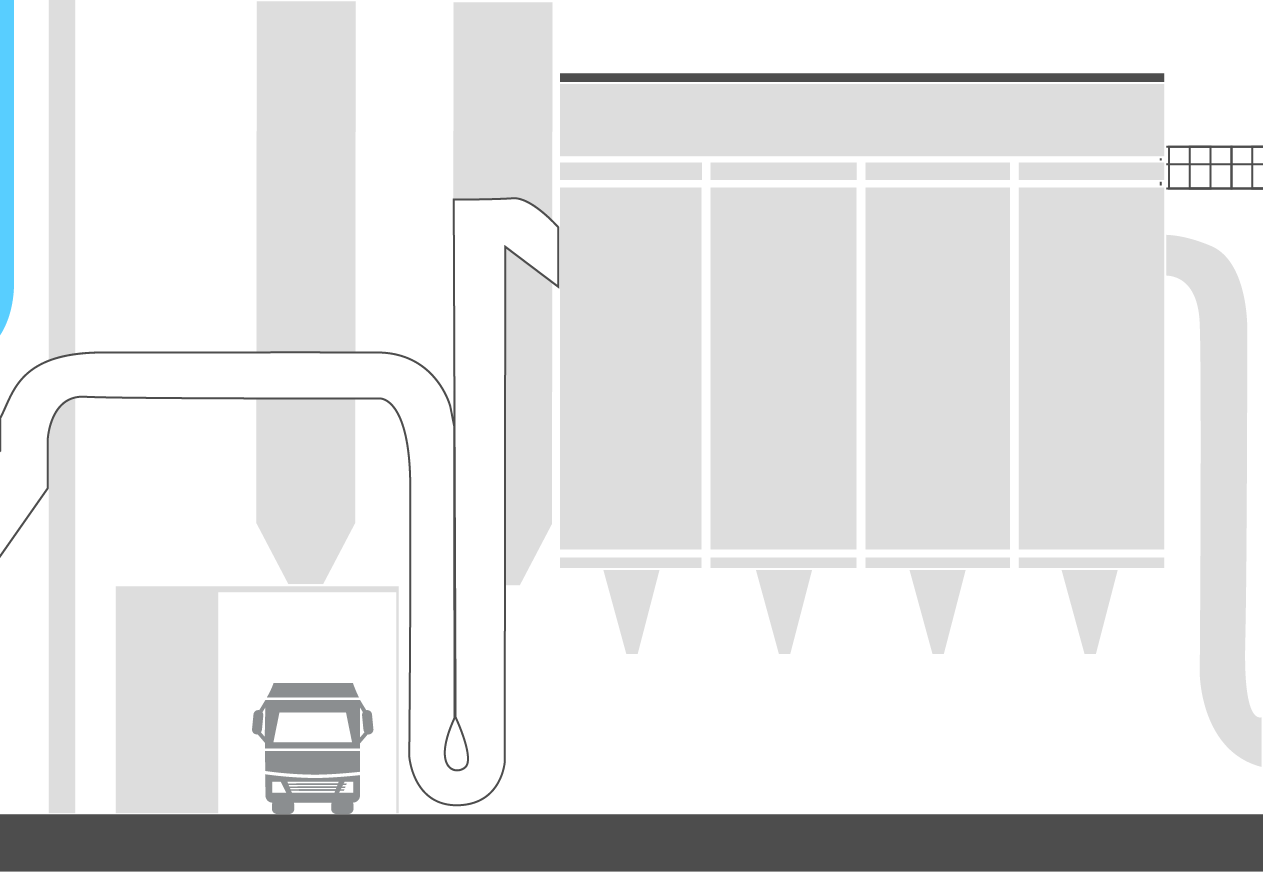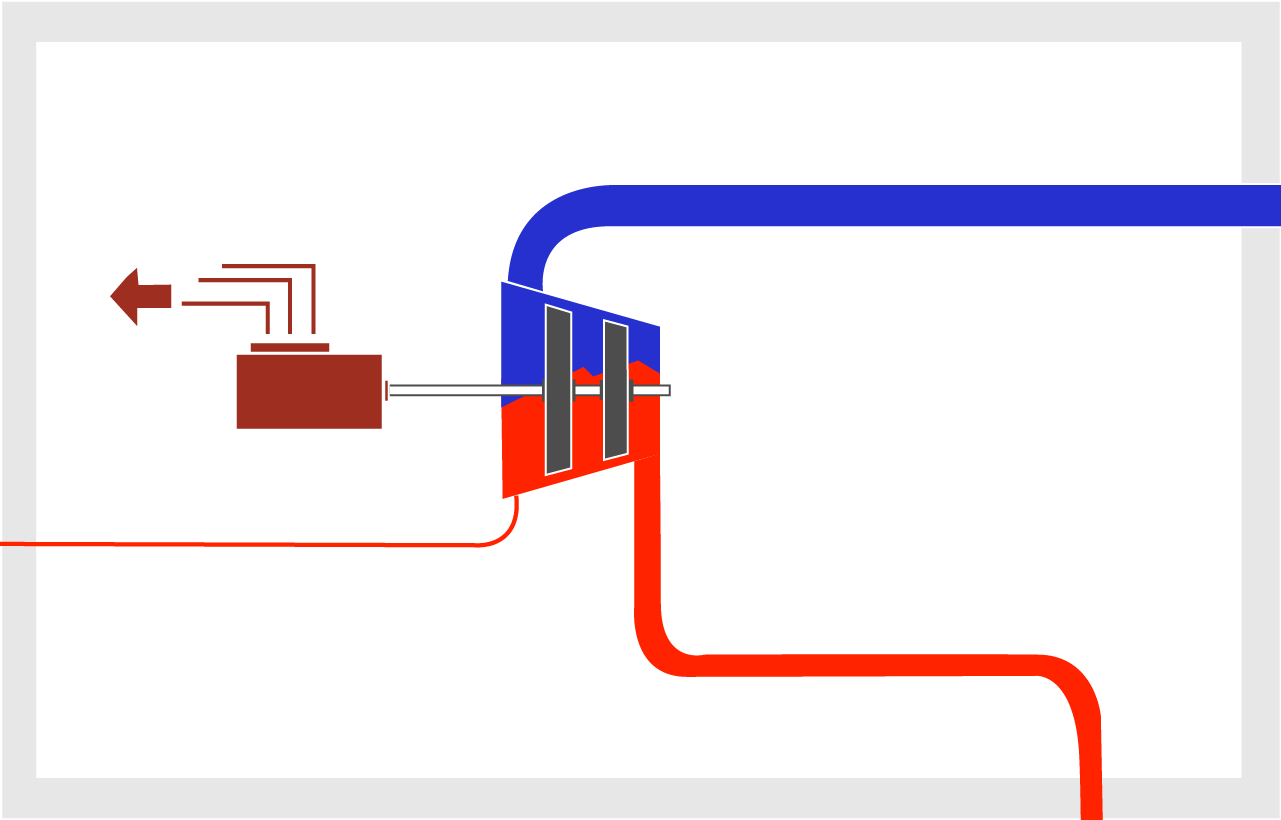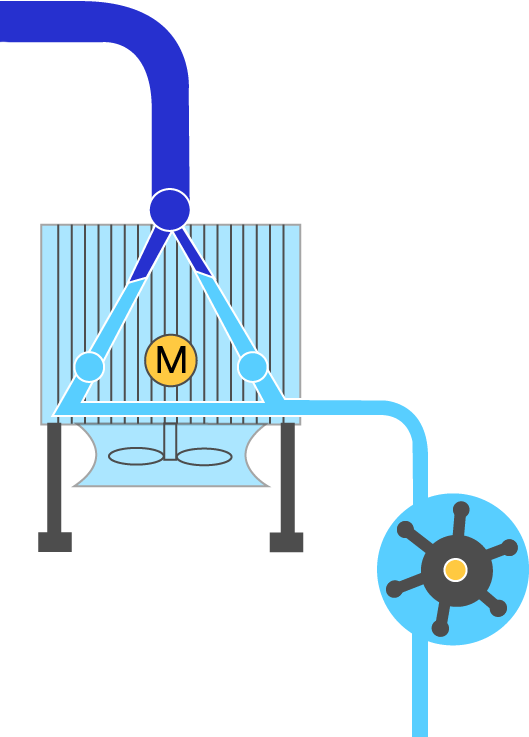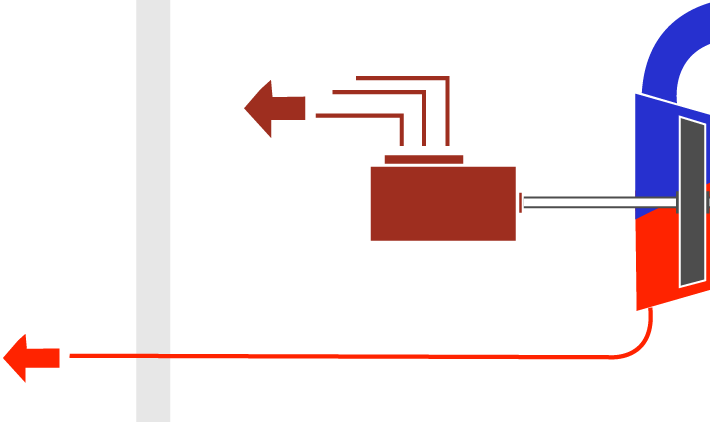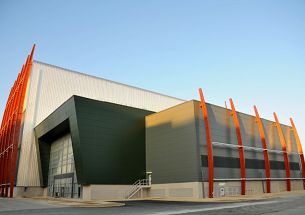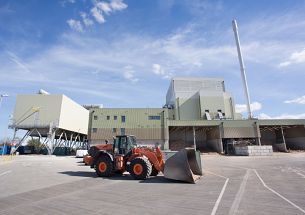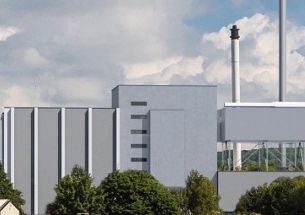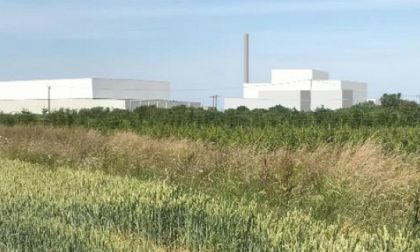Energy from Waste (or EfW) is the generation of partly renewable electricity and/or usable heat from non-recyclable waste that would otherwise go to landfill in the UK, or to other countries as 'Refuse Derived Fuel'.

how does it work?
EfW facilities safely and effectively convert non-recyclable waste into clean, partly renewable baseload energy and useful by-products, while sustainably powering communities and protecting the environment.
Combustion -
Waste burns safely at very high temperatures.
High pressure steam -
Heat from the waste fire heats water in the boiler and creates high-pressure steam.
Electricity and heat production -
Superheated steam turns a turbine to generate electricity and some steam can be extracted for heating.
Metals and ash recover -
Ash and metal are recovered from the process to be recycled.
Air quality control -
Hot gases from the boiler are treated and filtered to meet strict air quality standards.
the energy from waste process
Click on a number to find out more about that stage of the process
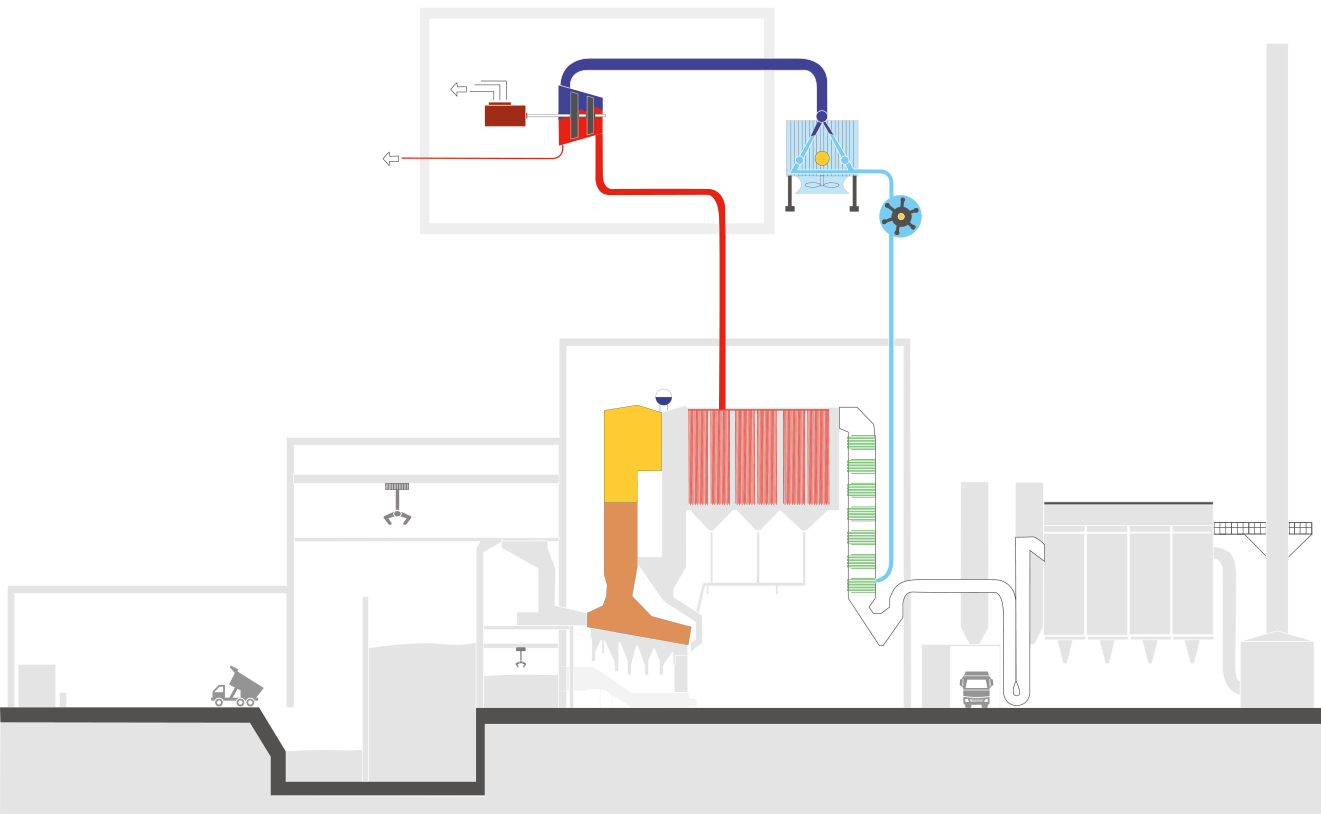
OVER 15 MILLION* TONNES OF NON RECYCLABLE
WASTE PER YEAR IS STILL GOING TO LANDFILL OR
BEING TRANSPORTED OVERSEAS
*source Tolvik Consulting, February 2019

why EfW over landfill?
In the UK now, there is over 15 million* tonnes of non-recyclable (or residual) waste per year that is still going to landfill or being shipped abroad for disposal. This is not sustainable, and we should be treating this waste as a resource.
Some of the non-recyclable waste from the east of England region is currently exported to continental Europe where it is used as fuel in Energy from Waste facilities. MVV look to bring their expertise to the area and create a new business for Wisbech to avoid transporting the waste overseas and to generate partly renewable energy for local businesses.
As an alternative to landfill, thermal treatment and efficient recovery of energy offers a number of advantages including environmental and financial benefits.
Landfill sites produce methane, which is 25 times worse than CO2 as a greenhouse gas and exporting waste requires it to be shredded, baled and transported far greater distances than treating it locally. Shredding, baling and transport all carry an additional carbon footprint, which can be avoided with a local solution.
*source Tolvik Consulting, February 2019



